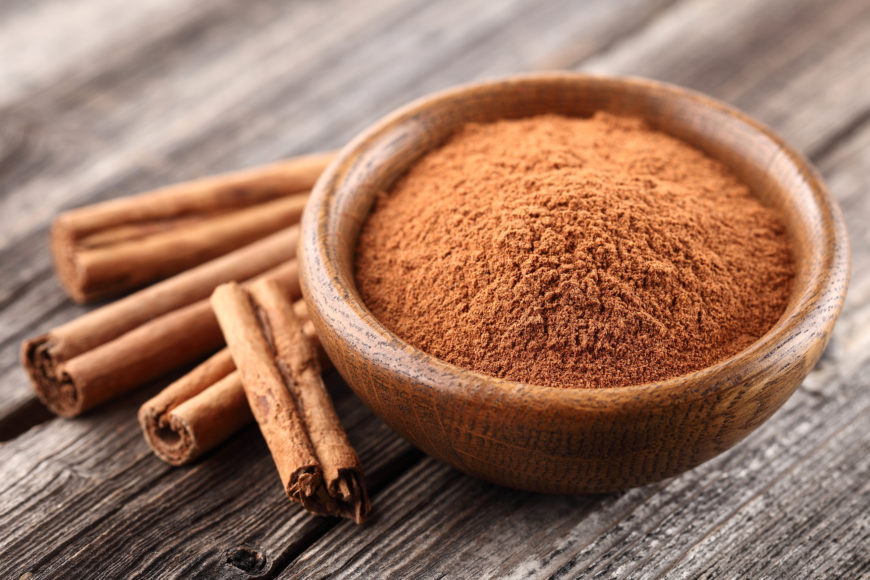“Inflammation is in the background of every single major illness.” — Julie Daniluk, nutrition expert
Inflammation has become one of the buzzwords in the health and wellness industry over the last several years. It is the body’s natural reaction to injury and infection and can be either acute or chronic. Acute inflammation would go away within hours or days. Chronic inflammation can last months or years, even after the first trigger is gone. Let me be clear, in some circumstances inflammation isn’t a bad thing and actually quite necessary. What I will discuss here is the inflammation that we don’t want to hear about.
The most common reasons for chronic inflammation include autoimmune disorders, exposure to toxins such as pollution or industrial chemicals and untreated acute inflammation, such as from an infection or injury. Other conditions linked to chronic inflammation include arthritis, cancer, heart disease, diabetes and Alzheimer’s disease.
What you eat plays a big role in preventing and fighting inflammation. The power of nutrition can once again play a major factor. Here are some top anti-inflammatory foods that have been shown to be very helpful. It will come to no surprise to many of you that this list is filled with foods we have all heard about before.
Fatty fish
Research shows that the omega-3 fatty acids in fish such as salmon, tuna and herring help significantly decrease serum concentrations of inflammatory markers. They also help boost brain function and heart health. To reap the benefits of omega-3s, aim to eat 3 ounces of fatty fish daily.
Ginger and turmeric
Ginger helps tame inflammation by halting the body’s production of cytokines, which are proteins that trigger chronic inflammation. Bonus: It can also help alleviate an upset stomach and regulate blood sugar levels.
Turmeric is part of the ginger family and is often used in Indian cooking. (See Page 78.) It is actually the curcumin found in turmeric that makes it so potently anti-inflammatory. Research has shown that turmeric reduces inflammation related to arthritis, diabetes and other diseases.
Cinnamon
This spice has been shown to help lower and balance blood sugar, improve memory and alleviate menstrual cramps. Its high concentration of anti-inflammatory and antioxidant compounds protects the body from oxidative stress, fights infections and repairs tissue damage.
Garlic
Along with its antibacterial, antiviral and antioxidant properties, garlic contains a sulfuric compound called allicin, which has an anti-inflammatory effect. Plus, it’s so easy to add garlic to almost anything you cook. The finer you chop it, the more allicin is released.
Do your best to keep inflammation in check by choosing a wide variety of anti-inflammatory foods to lower inflammation and reduce risk of illness. Given the circumstances of the past several years the inflammation in our bodies is something we should most certainly consider and prioritize.
Wishing everyone a wonderful spring season and as always, please feel free to reach out to me with any questions.
Reach Giovanni at giovanniroselli.com.


